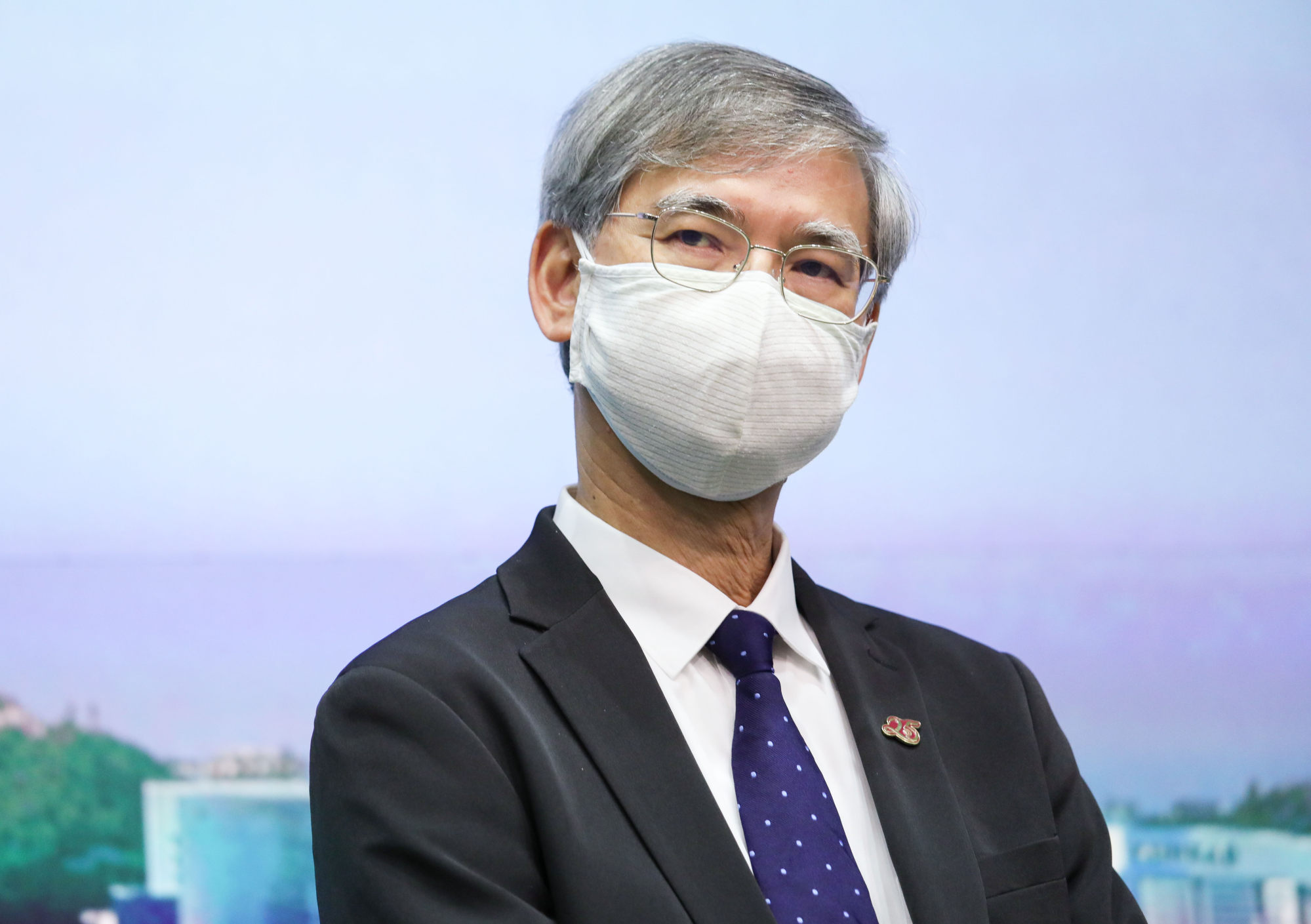
Hong Kong minimum wage ‘to be raised to HK$40 an hour’ from HK$37.50 next May after 4-year freeze, if proposal by statutory body approved
- Current rate was set in 2019, with authorities last year deciding on freeze as they cited pandemic-hit economy
- City introduced statutory minimum wage in 2011 at HK$28 per hour to protect workers, with mark reviewed every two years
A statutory body tasked to review Hong Kong’s minimum wage has reached an agreement to propose a HK$2.50 increase in the rate to HK$40 (US$5.10) per hour after a four-year freeze, the Post has learned.
The Minimum Wage Commission started the latest review in April and will submit its recommendations to the Executive Council, a key decision-making body, by the end of October. The commission reached the consensus to raise the amount to HK$40 per hour, according to a source close to the government.
The new rate, if approved, is expected to take effect next May.
Should Hong Kong raise its minimum wage to keep up with inflation?
In a reply to inquiries from the Post, the Labour Department said the government would announce its decision at an appropriate time after it had considered the commission’s report.
The department added the commission must keep the review and content of the report confidential, and would not comment on it in advance of the government’s announcement.
Hong Kong introduced the statutory minimum wage in 2011 to provide protection for low-paid employees, at first setting the amount at HK$28 per hour. The rate was gradually increased every two years and reached HK$37.50 in 2019.
Official statistics show that there were 14,300 people receiving the current minimum wage last year.
Hong Kong to spend extra HK$12 billion on revamped wage subsidy scheme
Concern groups and low-paid workers have often criticised the government for keeping the minimum wage at its current level, urging it to further raise the amount to match rising inflation and costs of living.
They have also called for an annual review of the rate instead of the current biennial process.

Labour sector lawmaker Chau Siu-chung said he was disappointed at the proposed extent of the increase, especially after the freeze.
He said more than half of those on the minimum wage worked as frontline security guards and cleaners, who faced a mounting workload during the pandemic, and he called on the government to raise the rate to support these workers.
“Hong Kong’s minimum wage has long remained at a low level,” Chau said. “It should be increased to a larger extent.”
He said a worker would earn HK$7,800 a month working eight hours a day and 26 days a month on the HK$37.50 rate, which would only be increased to about HK$8,300 under the proposed rate of HK$40.
The monthly wage would remain below the amount of the government’s Comprehensive Social Security Assistance (CSSA) allowance for two-people households, at about HK$9,600 a month, he said, adding people should be able to work to support themselves and one family member.
He suggested the authorities raise the rate to HK$46 an hour to match the level of CSSA, which he said provided for the minimum standard of living in the city.
Chau also appealed to the government to review the level on an annual basis instead of every two years.
Labour minister calls yearly review of Hong Kong’s minimum wage ‘unfeasible’
Wong Shek-hung, the director of the Hong Kong, Macau and Taiwan programme of charity Oxfam Hong Kong, cited official figures that indicated there were about 73,300 workers who earned less than HK$40 an hour last year, accounting for 2.6 per cent of a total of about 2.85 million employees.
She said the initial rate of HK$28 an hour set in 2011, however, covered 6.4 per cent of all the employees at the time.
“The coverage of the minimum wage has become narrower, and the extent of its protection has weakened,” Wong added.
Wong said, although the 6.7 per cent increase from HK$37.50 in 2019 to HK$40 matched the city’s rising inflation, there was still about half a year before the new rate would take effect, during which she expected the consumer price index, especially food prices, to keep climbing.
She added the setting of the rate must meet certain criteria, including matching inflation, being sufficient to support another family member, and surpassing the average amount of the government’s CSSA allowances.
“People work in order to escape poverty and rely on themselves. But then they earn even less than the amount of the CSSA, which deals a blow to their work motive,” she said, and recommended that the authorities raise the rate to HK$45.40 an hour.
But Sze Lai-shan, the deputy director of non-governmental organisation the Society for Community Organisation, which works with the underprivileged, said the rate should be increased to at least HK$50 an hour to keep up with rising inflation and offer more support so low-paid workers could afford to pay rent and daily expenses.
“The proposed level of HK$40 cannot provide for their basic needs at all,” she said, urging the government to set standards for the level of basic living expenses and introduce a “living wage” to meet the basic needs of individuals and another family member.
Additional reporting by Lilian Cheng

